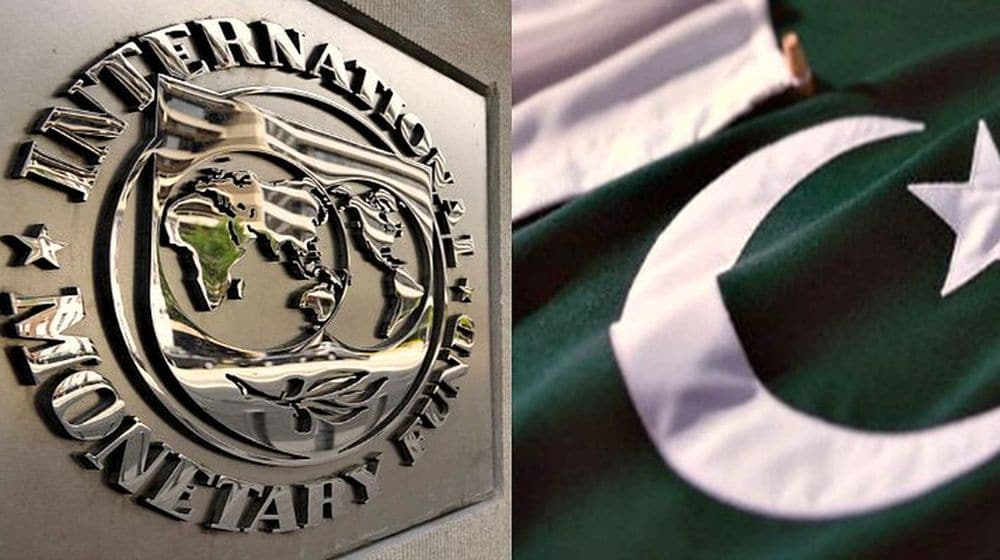The ‘Trade and Development Report 2018’t released by the United Nations Conference on Trade and Development (UNCTAD) on Wednesday said that Pakistan has no choice but to turn to the International Monetary Fund (IMF) for a large loan.
The report stated that in Pakistan, despite the robust growth, the currency has lost a quarter of its value against the dollar since the beginning of the year.
It added that higher international oil prices have led to a widening trade deficit and foreign exchange reserves have dropped sharply.
The report added that a widening external debt position which is currently standing at $92 billion or 31 per cent of GDP has raised concerns about its sustainability.
ALSO READ
Govt Plans To Launch Comprehensive Drive Against Power Theft
Expectations are that the new government has no choice but to turn to the IMF for a large loan, which would require adopting austerity measures that are likely to affect growth adversely.
Over the medium term, much will depend on whether large infrastructure projects will support a stronger export push.
The report also stated that after recording GDP growth rates of 5.7 and 5.5 per cent in 2016 and 2017, the developing countries in Asia are expected to sustain that rate in 2018 as well. This is partly because while growth in China is expected to decelerate from 6.9 in 2017 to 6.7 per cent in 2018, in India it is expected to rise from 6.2 to 7 per cent.
On the whole it added that, across Asia the problem is not so much a weakening of growth, as fear that interest rate increases and monetary tightening could trigger capital outflows, leading to financial and currency instability.
‘’The world economy is again under stress. The immediate pressures are building around escalating tariffs and volatile financial flows but behind these threats to global stability is a wider failure, since 2008, to address the inequities and imbalances of our hyperglobalized world’’ said the UNCTAD Secretary-General Mukhisa Kituyi.
The growing indebtedness observed globally is closely linked to rising inequality.
The report states that many advanced countries have since 2008 abandoned domestic sources of growth for external ones, most noticeably with the turnaround of the eurozone from a deficit to a surplus region.






















Pakistan has choice to reach China for Donation :
Wrong, as currently had China/Saudi to help financially. Or maybe to last option is IMF.